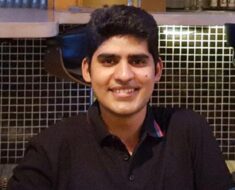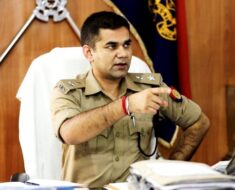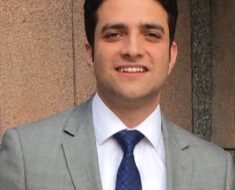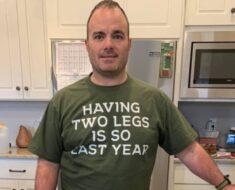Learn about the life and career of Dr. Raman Gangakhedkar, a prominent Indian scientist and epidemiologist who played a crucial role in India’s fight against HIV/AIDS and COVID-19.
Wiki/Biography
Born in 1962 in Mumbai, Maharashtra, Dr. Raman Gangakhedkar displayed a keen interest in science from a young age. He completed his schooling at a Marathi-medium Zila Parishad school. His medical journey began with an MBBS from Government Medical College, Aurangabad, followed by a Master’s in Public Health from Johns Hopkins University, USA.
Family
Dr. Gangakhedkar hails from a Marathi family. Detailed information regarding his family remains largely private.
Career
Dr. Gangakhedkar’s career is marked by significant contributions to HIV/AIDS management and policy. Initially a pediatrician, he transitioned to the field of HIV/AIDS in 1989, a time when the disease carried immense stigma in India. His work at the National AIDS Research Institute (NARI) in Pune, established in 1993, proved transformative.
He championed community involvement in controlling HIV/AIDS, emphasizing the importance of including affected communities in policy-making. This collaborative approach proved vital in shaping effective strategies.
The Face of AIDS Control Programme in India
Dr. Gangakhedkar’s articulate communication style and dedication made him a key figure in India’s AIDS control efforts. His contributions included instrumental work on the national investment for prevention of parent-to-child transmission (PPTCT) program, providing crucial access to antiretroviral therapy.
He faced initial challenges and discomfort while reaching out to vulnerable populations, notably sex workers, but persevered, understanding their experiences firsthand and translating this into more effective strategies.
His vision extends to the future, aiming to eradicate AIDS in India by 2030 through improved service quality and intensified strategies.
The Face of ICMR During COVID-19
After serving at NARI, Dr. Gangakhedkar joined the Indian Council of Medical Research (ICMR) as Scientist “G” and Head, Epidemiology & Communicable Disease Division. He became a prominent voice during the COVID-19 pandemic, regularly briefing the nation on the pandemic’s status and the government’s response. He frequently highlighted the importance of public health literacy and the necessity of measures like lockdowns to curb the spread of the virus.
Facts/Trivia
- Known for his articulate communication and a good sense of humor.
- Expertise in clinical epidemiology of HIV infection, mother-to-child transmission, HIV management, and chemokine receptors.
- Recipient of the Fogarty Fellowship (1996) from the National Institutes of Health at Johns Hopkins University.
- Awarded the Padma Shri (2020) for contributions to medical research.
Educational Timeline & Key Achievements
| Year | Achievement/Event |
|---|---|
| 1962 | Born in Mumbai, Maharashtra |
| 1989 | Entered the field of HIV/AIDS research |
| 1993 | Joined National AIDS Research Institute (NARI), Pune |
| 1996 | Awarded Fogarty Fellowship from NIH, Johns Hopkins University |
| 2020 | Received Padma Shri Award |






